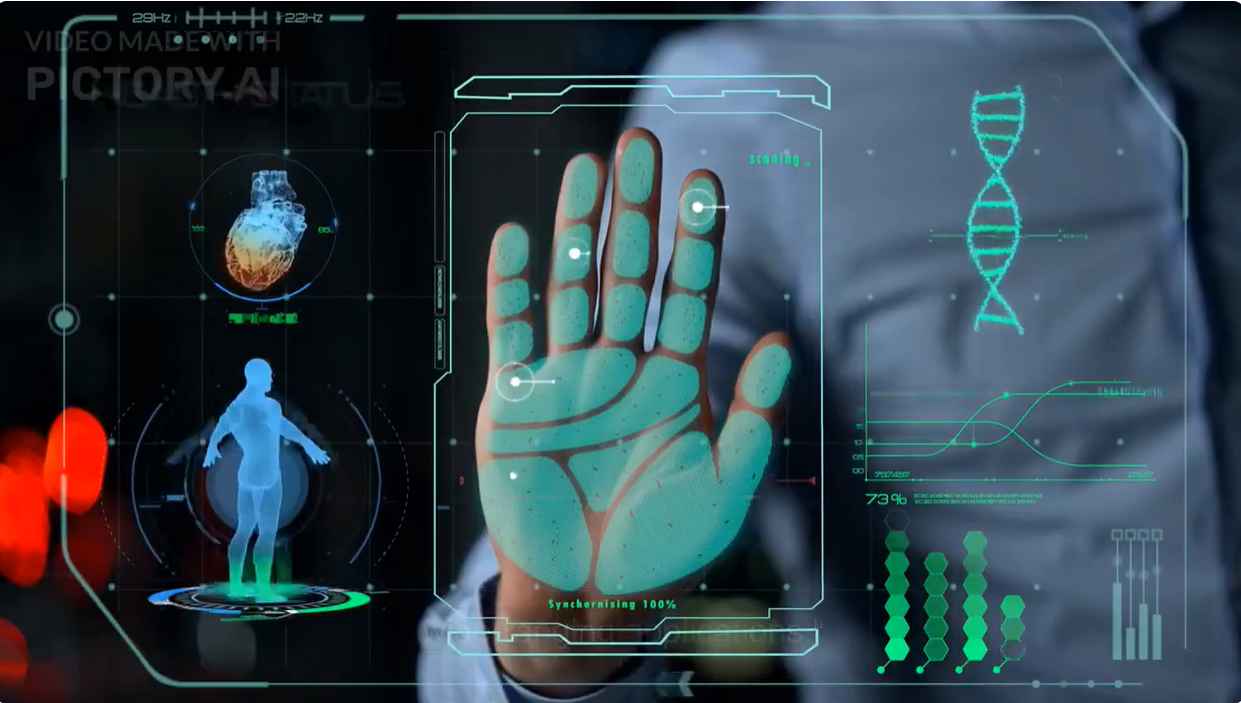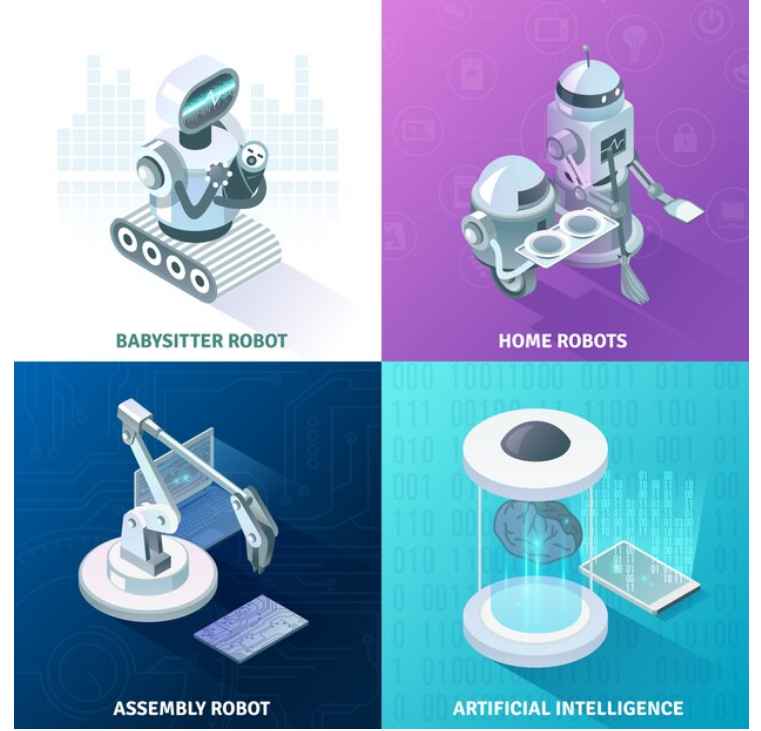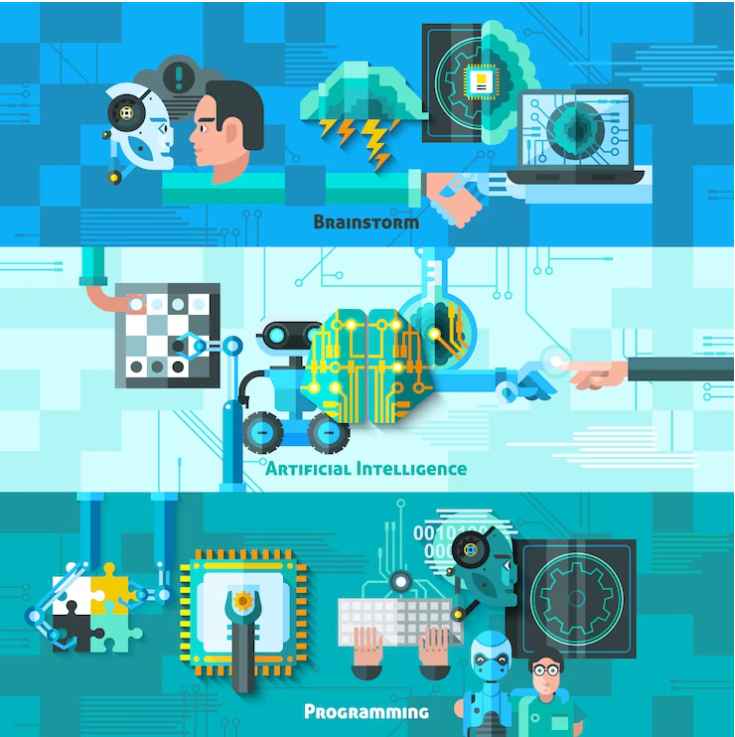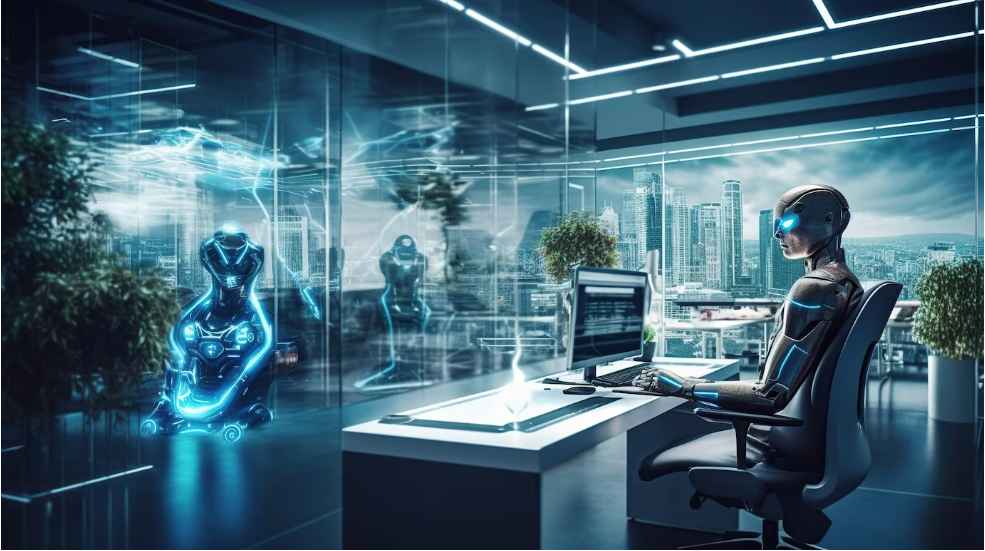Physical Address
304 North Cardinal St.
Dorchester Center, MA 02124

Cutting-edge AI technology signifies the forefront of artificial intelligence advancements. It encompasses the latest innovations that enhance machine learning, natural language processing, and robotics.
This dynamic field continuously evolves, powered by the relentless pursuit of more sophisticated algorithms and improved computational capabilities.
With each breakthrough, AI grows closer to realizing complex tasks that mirror human cognition and decision-making.
Businesses, healthcare, and other sectors leverage cutting-edge AI to drive efficiency and develop new solutions to age-old problems.
By integrating these innovations, we witness a significant transformation in how daily operations and critical functions are executed.
Advancements in AI also raise important ethical and social considerations, ensuring the conversation around its development is as multifaceted as the technology itself.
This rapid progress in AI technology heralds an era where the potential for automating and improving tasks seems virtually limitless, inviting us to reimagine what’s possible in a tech-driven future.

The world witnesses transformative leaps with the dawn of intelligent machines. These entities are no longer fantasies of the imaginative mind.
They thrive among us, reshaping industries and daily lives. The complexity and capabilities of such machines continue to escalate, heralding an era where artificial intelligence holds the potential to unlock boundless opportunities.
Artificial intelligence once lived in the pages of novels and the frames of films. The concept of machines that could think, learn, and adapt was nothing but a distant dream.
Today, AI is not only real but also integral to the fabric of our society. We encounter smart algorithms in our smartphones, cars, and even home appliances.
These technological marvels are no figments of imagination but tangible realities transforming the way we interact with the world.
The journey of artificial intelligence is a tale of innovation, ambition, and relentless advancement. Let’s skim through the highlights of this evolution:
Each decade marked remarkable leaps forward. Today, we stand on the precipice of a future where AI can solve some of society’s most complex challenges.

The landscape of artificial intelligence is changing rapidly, with innovations emerging all the time. Central to these developments are two core technologies:
machine learning, including recent breakthroughs that have revolutionized the field, and the complex neural networks powering deep learning algorithms.
Below, we dig into each of these exciting areas, exploring the high-tech advancements propelling AI into the future.
At the heart of AI’s evolution is machine learning (ML), a method where computers learn from data. No longer needing explicit programming, machines can now improve and adapt independently.
Recent improvements have vastly increased machine learning’s capabilities. This has led to impressive advancements in many sectors, such as healthcare, finance, and autonomous driving. Key developments include:
Neural networks mimic human brain functioning to process complex data sets. When layered deep, they create deep learning (DL) models.
DL thrives on large datasets and high-performance computing power. This approach has led to striking improvements in image and speech recognition, and natural language processing. Elements at the forefront include:
Imagine robots building cars or a doctor spotting diseases with a computer’s help. That’s the magic of AI today! Businesses and lives change with AI.
It’s everywhere, making things faster and smarter. Let’s dig into this AI wave.

AI reshapes making things. It brings speed, accuracy, and efficiency. Now, robots work 24/7. They build cars, gadgets, and more. They even fix themselves!
This means better products for everyone, with less waste and more safety.
AI makes medicine personal. It looks at your genes to find the best treatment. Doctors get help from AI to spot sickness sooner. They use machines that learn to read X-rays and tests.
| AI Tool | Use in Healthcare |
|---|---|
| Gene Analysis | Finds the right drug for you. |
| AI Imaging | Sees signs of diseases early. |
With AI, doctors offer treatments that fit just you.
Money moves smartly with AI. Bank systems spot fraud in seconds. They keep your money safe. Traders use AI to predict market moves. They make quick, smart choices.
Trading becomes sharp and swift. Banks and investors smile at AI’s speed.
Cutting-edge AI technology reshapes our world. It introduces new ethical and societal challenges. We must address these issues to ensure responsible AI use.
AI could replace some jobs. We need plans to help people adapt. Education can teach new skills.
Enterprises should explore AI and human collaboration. Governments may consider safety nets for affected workers.
AI systems handle lots of personal information. Keeping this data safe is important. Laws like GDPR help protect privacy. AI developers must build systems that respect user data. Transparency is key to trust.
Future Frontiers in AI Technology are expanding rapidly, challenging the boundaries of what we consider possible. Intelligent machines will soon transform every aspect of our lives and businesses.
Quantum Computing promises exponential growth in processing power. It could change how AI solves complex problems. Key impacts include:
Exploring the cosmos requires new tech. AI is essential for this journey. Major benefits include:
The next AI wave will revolutionize everyday life. People will see:

The era of AI is upon us, and with it comes the need to adapt to its transformative impacts. From reshaping industries to redefining roles, AI stands as a beacon of innovation and change.
As we start on this tech-laden voyage, understanding how to prepare for an AI-driven future becomes paramount.
Education systems worldwide must pivot to groom an AI-savvy workforce. Here’s what’s changing:
Clear rules are vital for AI’s ethical and safe proliferation. See the global response:
Striking a balance between innovative growth and security is crucial:
| Priority | Strategy |
|---|---|
| Innovation | Investment in AI startups and RD |
| Security | Developing robust cybersecurity protocols |
Cutting-edge technology in AI includes developments like quantum computing, neural network advancements, and AI-driven natural language processing. These innovations lead to smarter, faster, and more intuitive AI applications.
Cutting-edge technologies in 2023 include AI advancements, quantum computing, 5G/6G networks, blockchain enhancements, and edge computing. Innovations in autonomous vehicles, biotechnology, and AR/VR are also at the forefront.
Edge AI technology refers to advanced algorithms that process data locally on a hardware device, using artificial intelligence to enable real-time decision-making at the source of data collection.
Quantum computing represents the most advanced technology today, offering unparalleled processing speeds and problem-solving potential. It promises revolutionary changes across industries, from healthcare to cryptography.
Adopting AI technology propels us into a future ripe with possibility. It’s essential for innovation, efficiency, and competitive edge. Staying informed and agile ensures we harness AI’s full potential. As we integrate these advanced tools, let’s shape a tomorrow where technology amplifies human capability, not replaces it.
Let the AI revolution begin.